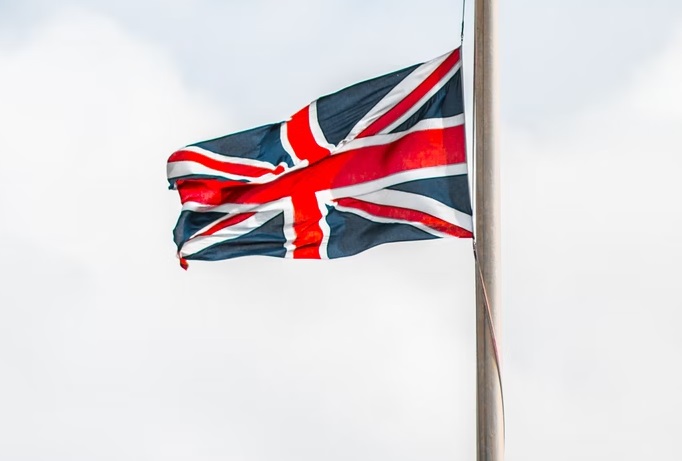On Thursday the Bank of England raised its main interest rate a fifth straight time, and issued a forecast predicting British inflation would rise above 11 percent this year. BOE policymakers raised the cost of borrowing 25 basis points, to to the highest it has been since the global financial crisis of 2009, .1.25%. As recently as December the rate had been, 0.1%, a vestige of the Covid pandemic when rates were slashed to near zero.
Coming a day after the Federal Reserve raised its benchmark rate 75 basis points to fight accelerating inflation in the US, the BoE’s latest hike was said to be done due to “continuing signs of robust cost and price pressures… and the risk that those pressures become more persistent.”
The pound sank one percent against the dollar, even as a minority of BoE policymakers had voted for a more aggressive increase to 1.5%.
Laith Khalaf, head of investment analysis at AJ Bell said the bank was avoiding the “shock and awe tactics being employed across the Atlantic. Despite the UK starting to tighten monetary policy first, interest rates are now higher in the US.”
The Fed’s rate hike of 75 basis points, the most aggressive in 30 years, was in response to an inflation rate that suddenly exceeded all estimates, at 8.6%. Meanwhile in the UK, inflation stands at 9%, the highest in 40 years.
At the same time, British economic output was slowing, declining for a second month in a row in April, partly due to rampant inflation sapping consumer’s pocketbooks and decreasing purchasing, all of which increases the risk of a UK recession this year. Also, unemployment crept up slightly, though only to 3,8%, still near a 50 year low, as job vacancies remain historically high.
At their meeting, the BoE policymakers forecasted the UK economy would contract 0.3 percent in the second quarter, after seeing growth in the first quarter.
Susannah Streeter, senior investment and markets analyst at Hargreaves Lansdown said, “Inflation risks being a slow poison for the economy, so the Bank of England is trying to take an antidote now by raising interest rates. However, it can only take a small dose at a time given the ailing nature of the economy… with more hikes to follow.”
Nearby, it is expected the European Central Bank will raise its rates soon for the first time in more than a decade, and the Swiss National Bank just raised its rate Thursday, the first time in a decade and a half.

